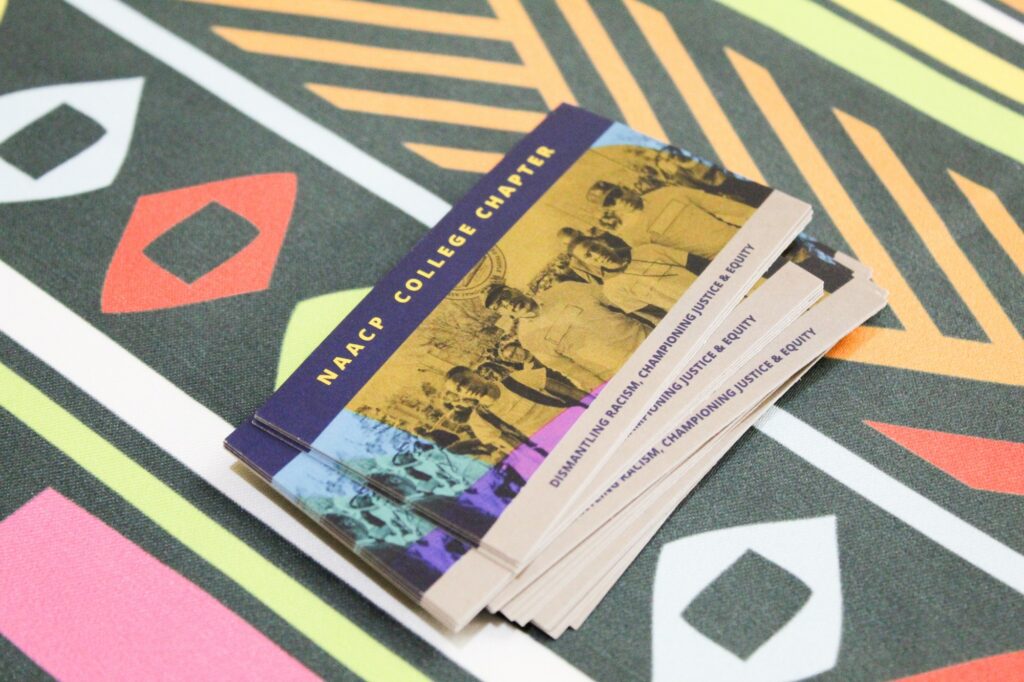On Feb. 22, Terri Hughes, president of the Weber State University chapter of NAACP, hosted a phone banking event for the John Lewis Voting Rights Advancement Act. Students gathered to learn what the proposed bill aims to accomplish and advocate for the bill’s passing.
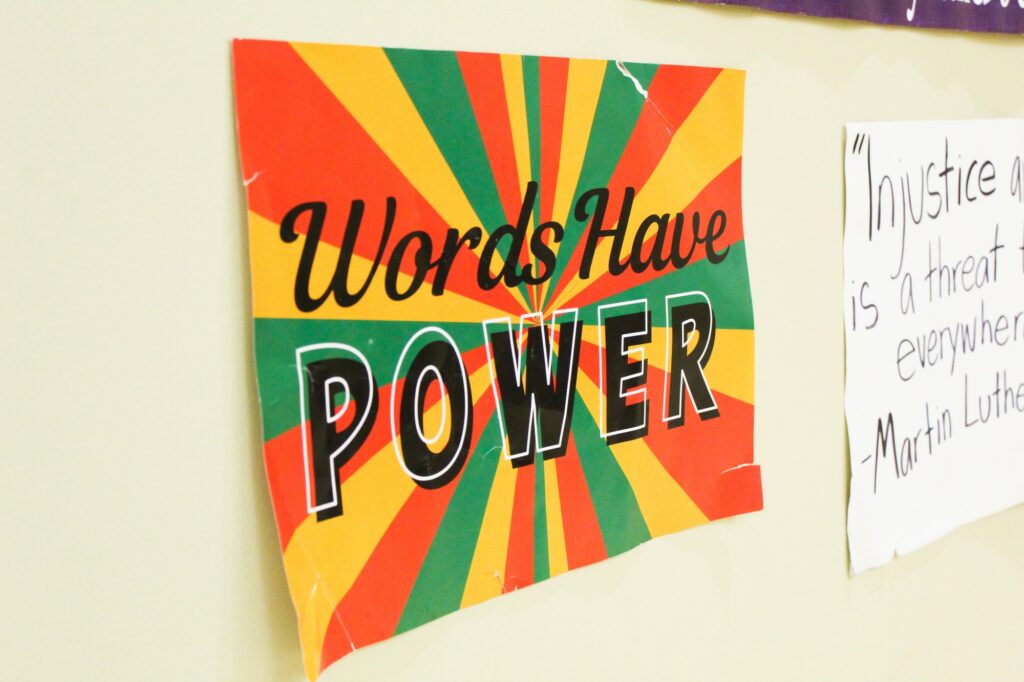
According to vote.org, the bill is meant to restore the original Voting Rights Act of 1965. The VRA essentially removed strict Jim Crow practices and restrictions on voting such as literacy tests and poll taxes, allowing for many to vote despite disadvantages or differences.
After almost 50 years, the court case Shelby County v. Holder declared that the pre-clearances involved in the act were outdated. The act is currently still “in books” but is not required to be followed.
The John Lewis Voting Rights Act aims to reinstate the process of pre-clearances for states with modern ideas to challenge modern voter suppression. More is added on, such as federal review of voting changes and increased transparency to voting changes.
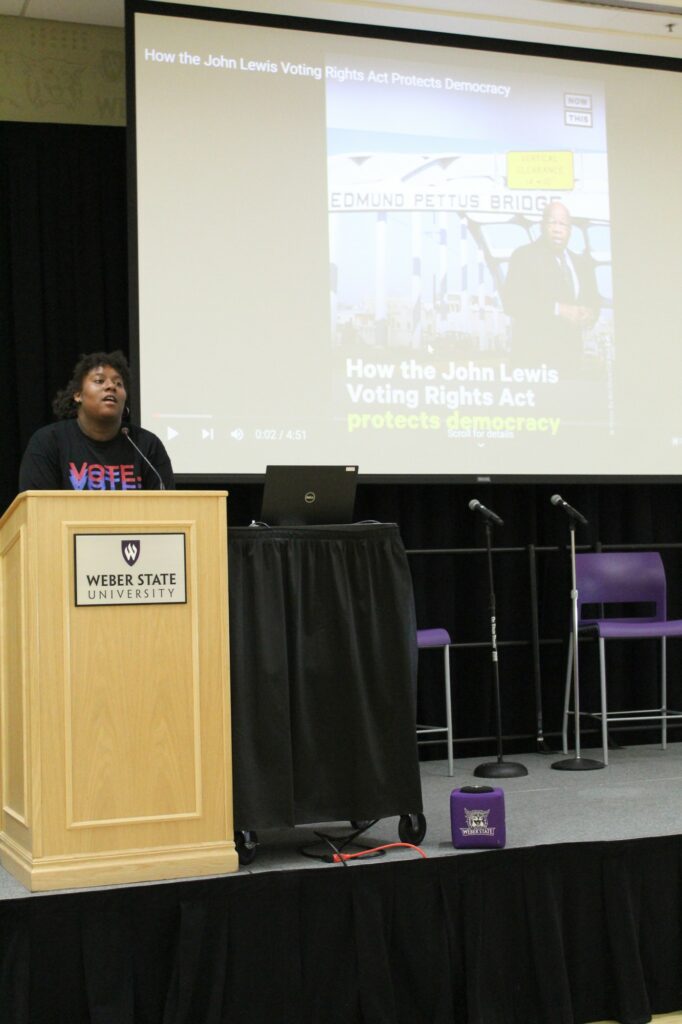
Hughes showed a video about the new bill and discussed the effects of voter suppression in the 2020 election with the attempts to stop mail-in votes.
She then brought up a quote by John Lewis, whom the bill was named after: “Get in good trouble, necessary trouble.”
Britannica defines Lewis as a civil rights leader and politician. Most notably, Lewis was the one to lead the march for civil rights in Selma, Alabama, in 1965, which became known as “Bloody Sunday.”
Hughes went in-depth on the quote and what “good trouble” truly means.
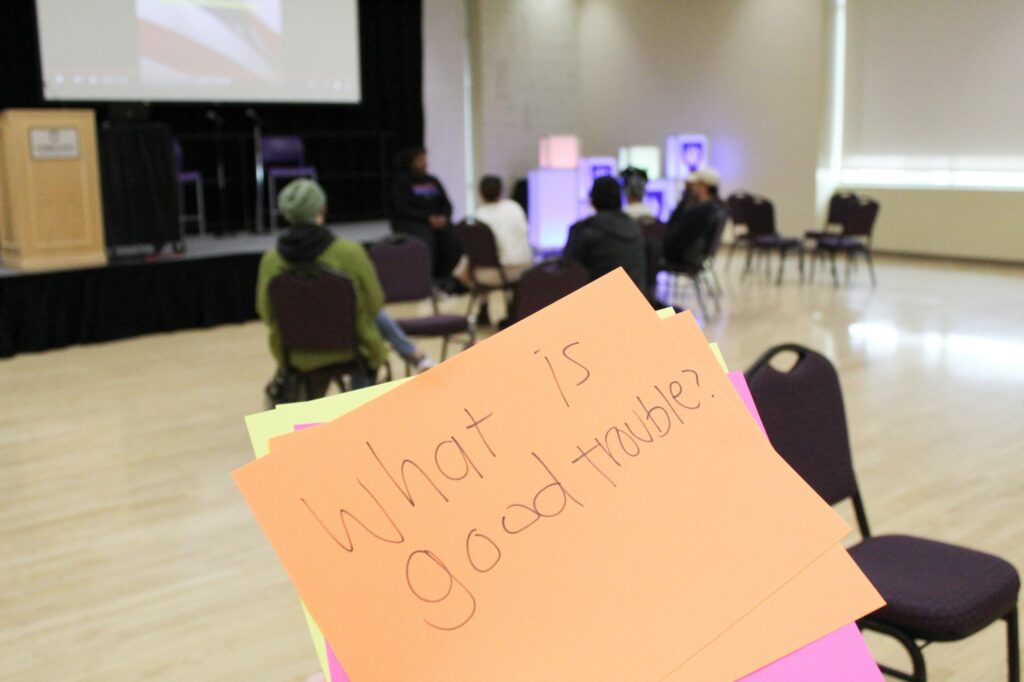
“There’s always this negative connotation on what trouble is,” Hughes said. “But sometimes standing up for what is right seems like trouble in the eyes of those trying to do wrong.”
The discussion later went on to emphasize the importance of local voting. Hughes described how important local voting is to her, even more than the presidential election. Her local government, police and school impact her on a much more personal level than the president of the United States.
Turner Clayton, a sophomore at Weber State, shared this sentiment, saying Hughes’s words helped him realize how voting local affects him.
Hughes emphasized how someone can also vote on behalf of others. Having extended family from Africa who are still struggling for citizenship in the U.S., this is an issue for many immigrants to America.
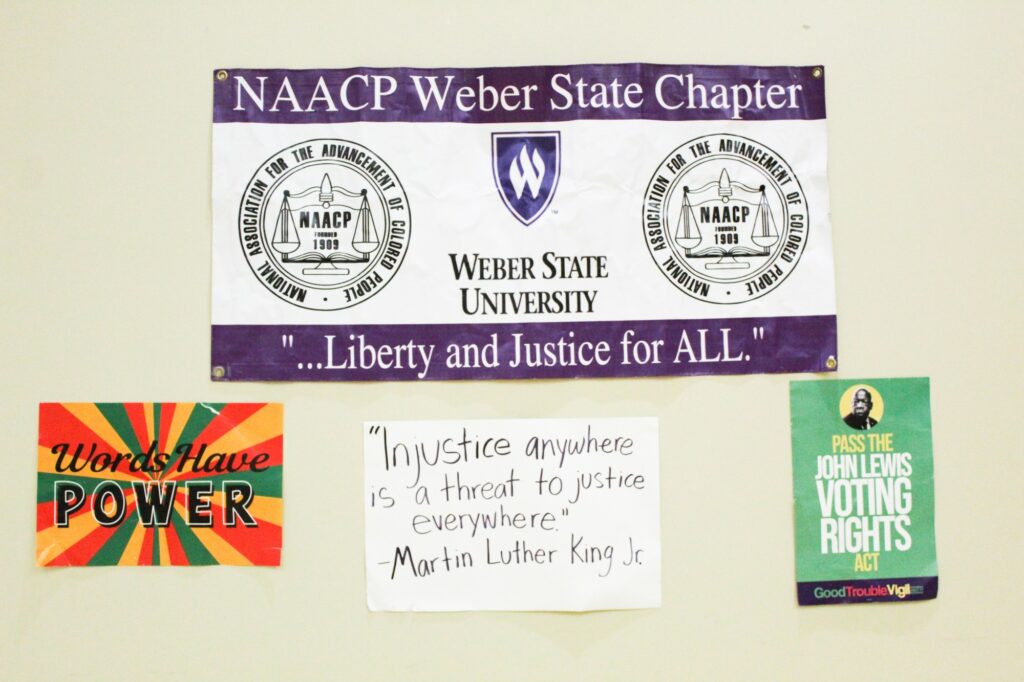
“They pay to create a space for the country to continue to run but cannot have a say on how it runs,” Hughes said.
Uli Lopez, a sophomore, shared his own family’s history of immigration for a better life and the struggles they confronted once here.
After the discussion, Hughes said she wanted attendees to leave knowing what the bill was about and hopefully go and advocate for it if they found they resonated with it.
According to Forbes, the most recent news on the bill was that it passed a House vote but then failed to pass a Senate vote on Nov. 3 with a 50–49 vote, failing to break the filibuster.
